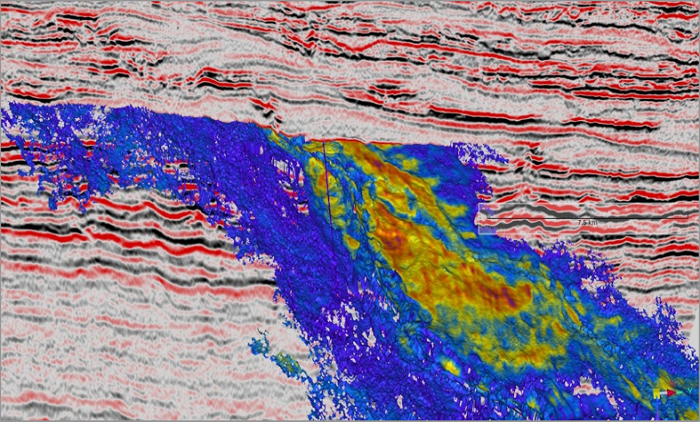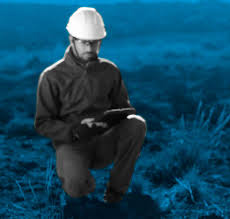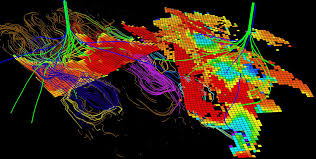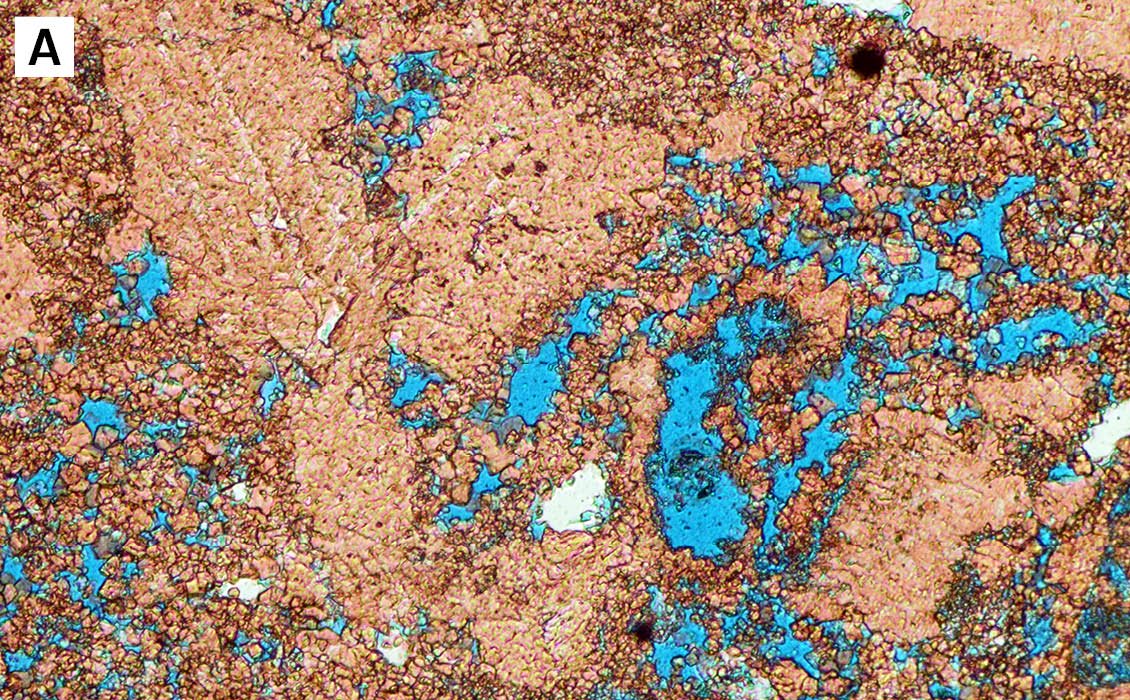

Achieving an understanding of all of the methods and concepts used during the interpretation process can be a daunting task. A partial list of disciplines incorporated into a complete interpretation includes rock physics, signal processing, wireline log analysis, computer visualization, structural geology, stratigraphy and petroleum engineering. Few, if any, new hires have mastered, or perhaps even been exposed to, all of these disciplines during their university education. Other, more experienced, petroleum professionals may have become specialists in one of these or other fields, and lack the big-picture view necessary for maximizing the value of a seismic interpretation.
By the end of this course, delegates will be able to:
Geologists, Geophysicists, Reservoir Engineers, Production Engineers, Petrophysicists, Petroleum Engineers, Drilling Engineers, Field Development Engineers, Managers, Asset Managers, Oil & Gas Engineers, Reservoir Operators, Surveillance Engineers, Technicians, Engineering Trainees, Technical Managers, Technical Assistants, Technicians, Chemists, Physicists, Technical Supervisors, Service Company Personnel responsible for improving the performance of petroleum reservoirs, Geotechnical assistants who are involved in seismic interpretation projects, Engineers and Project Managers who would like to learn more about the utilization of seismic data in various project settings
This interactive Training will be highly interactive, with opportunities to advance your opinions and ideas and will include;
BTS attendance certificate will be issued to all attendees completing minimum of 80% of the total course duration.
| Code | Date | Venue | Fees | Register |
|---|---|---|---|---|
| GE123-02 | 31-05-2026 | Manama | USD 5450 | |
| GE123-03 | 23-08-2026 | Amman | USD 5450 | |
| GE123-04 | 25-10-2026 | Dubai | USD 5450 |

This course provides an introduction to seismic surveys, how they are justified, acquired, processed and interpreted. Throughout the course, the candidates will gain an understanding of the strengths ...

Petroleum exploration depend on geophysical and geological integration, in this course we will explain in details how to interpret seismic data and geological interpretations, seismic is one of the m ...

This course is designed to develop skills in understanding of the basic geometry and Petrophysical characteristics of carbonate reservoirs which can exhibit highly heterogeneous and complex properties ...
Providing services with a high quality that are satisfying the requirements
Appling the specifications and legalizations to ensure the quality of service.
Best utilization of resources for continually improving the business activities.
BTS keen to selects highly technical instructors based on professional field experience
Since BTS was established, it considered a training partner for world class oil & gas institution
1st floor, Incubator Buildingو Masdar City, Abu Dhabi, UAE
Sun to Fri 09:00 AM to 06:00 PM
Contact Us anytime!
Request Info